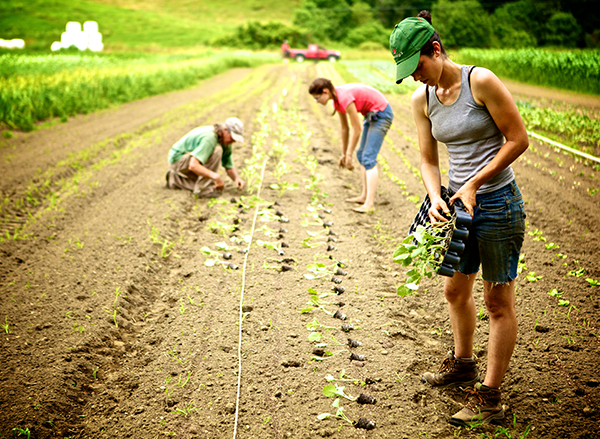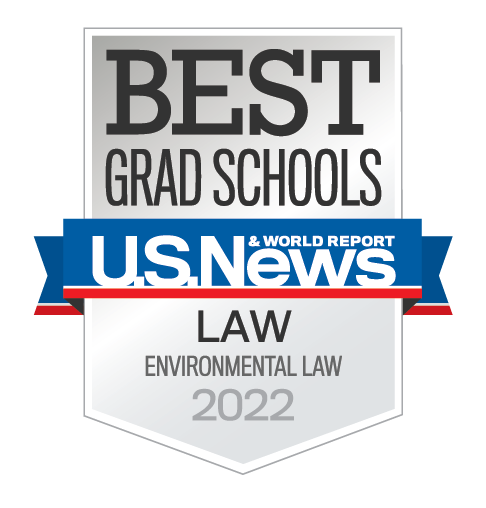

Vermont Law & Graduate School's Center for Agriculture and Food Systems is training the next generation of food law and policy leaders. Earn your degree while engaging in innovative work that spans the food system: from research on national food policy and safety, to projects promoting farmland conservation, farmworkers' rights, equitable access to healthy food, and more.
The only master's program in the U.S. focused on food law and policy
Set within a top-ranked environmental law program
Courses include Food Justice and Sustainability, Food Regulation and Policy, The Farm Bill, International Law of Food, Food Impact Litigation, Land Conservation Law, Animal Welfare Law, Conservation Agriculture Policy, and more
At one of the nation's only food and agriculture clinics, students practice legal skills, engage in policymaking, and work directly with food system stakeholders
Complete your master's degree program in as few as 12 months or up to 5 years
Earn your degree online, on campus, or a hybrid of both
Scholarships available

Full time environmental faculty
Environmental law clinics
Courses related to the environment and environmental law

U.S. News & World Report consistently ranks VLGS as one of the top environmental law programs.

Vermont & Graduate Law School is approved by the Council of the Section of Legal Education and Admissions to the Bar of the American Bar Association, 321 North Clark Street, Chicago, IL 60654, 312-988-6738.

Vermont Law School's master's program is regionally accredited by the New England Commission of Higher Education (NECHE).